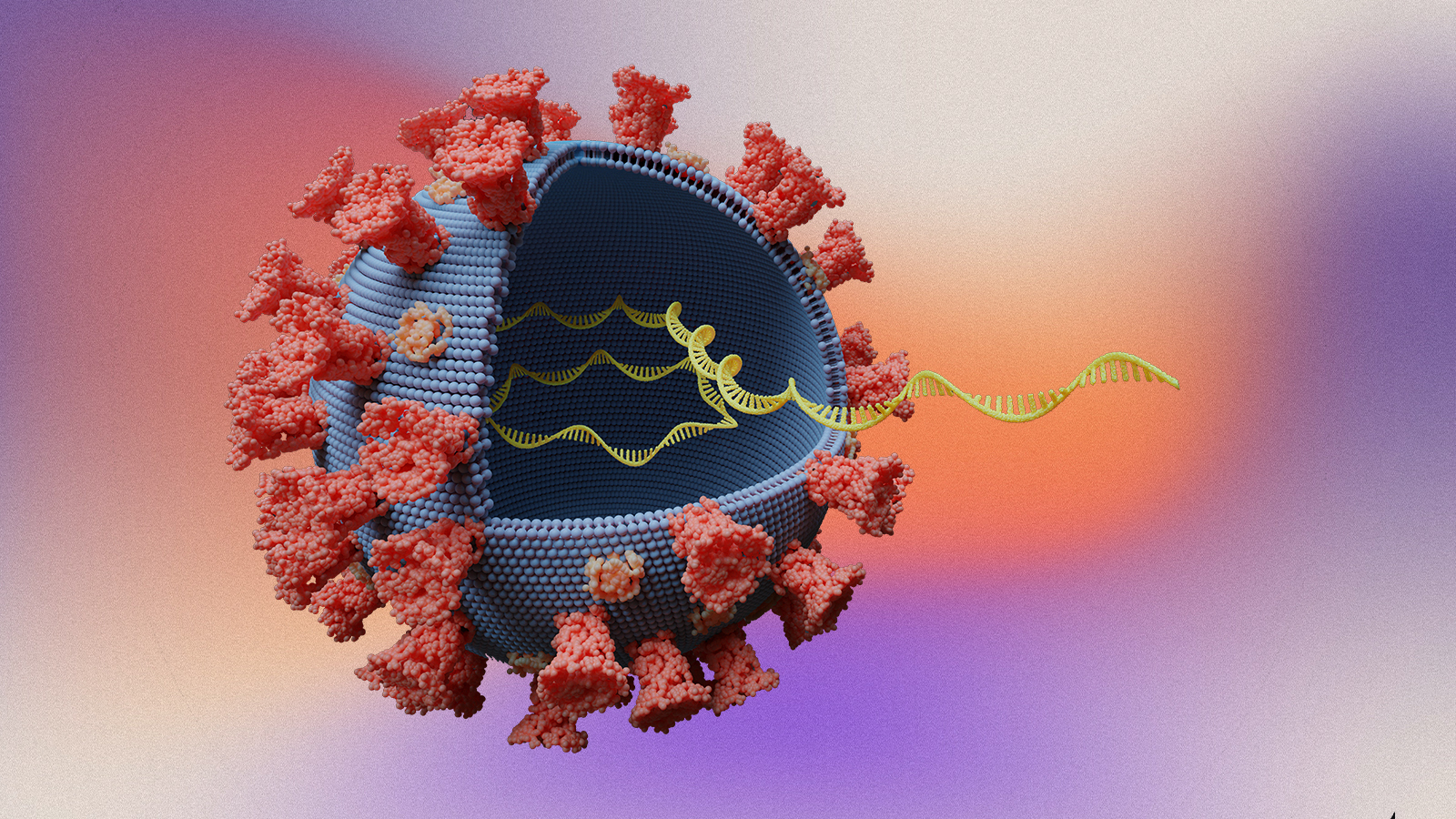Promising COVID-19 studies show hope for long-lasting immunity

Pedro Vilela / Stringer
- A handful of new studies suggest that people who had been infected with COVID-19 had “memory” T cells that were able to facilitate a unique immune response against subsequent exposure to the virus.
- “This calls for some optimism about herd immunity, and potentially a vaccine,” Smita Iyer, an immunologist at the University of California, Davis told The New York Times.
- Still, many questions remain about long-term immunity.
Scientists continue to see promising signs suggesting that people can develop strong, long-lasting immunity to COVID-19.
A set of new studies found that antibodies and immune cells capable of recognizing SARS-CoV2 persisted in people months after contracting the virus.
This finding may seem to contradict some recent reports. On Friday, for example, the Centers for Disease Control and Prevention issued new guidelines saying that immunity from COVID-19 likely only lasts three months after contraction. What’s more, some studies have shown that patients’ antibody levels drop significantly after a few months.

Coronavirus Testing Laboratory In GlasgowPhoto by Jane Barlow – WPA Pool/Getty Images
But antibodies aren’t the whole story. After all, antibodies are inanimate proteins, and they usually die off soon after the body battles an infection. But the immune system also has T cells and B cells. These so-called “memory” cells are able to remember a virus, and then strategically mobilize the immune system against it if it enters the body again.

Graphic of immune system responseSciencia58 via Wikipedia Commons
With COVID-19, these cells seem to be doing their job. How can scientists tell? For one, there’s no solid evidence that people are contracting COVID-19 multiple times, despite some ambiguous reports. But more empirically: Recent studies have detected memory T cells in people who’ve recovered from COVID-19. And after those cells were exposed to the virus, they not only produced virus-fighting responses, but also increased in number.
“This is very promising,” Smita Iyer, an immunologist at the University of California, Davis told The New York Times. “This calls for some optimism about herd immunity, and potentially a vaccine.”

Researchers Work On Developing Test For Coronavirus At Hackensack Meridian’s Center For Discovery and InnovationKena Betancur/Getty Images
Also promising is the finding that strong immune responses were observed even among patients who had mild cases of COVID-19, suggesting:
“…you can still get durable immunity without suffering the consequences of infection,” Iyer added.
Still, scientists have much to learn about COVID-19. For example, it’s unclear how long people might enjoy this kind of immune-memory protection, or whether people who suffered severe cases might be equally protected.
But the recent studies are a good sign for the researchers who are currently developing more than 165 COVID-19 vaccines: If the immune system is proving able to remember the virus, that should make it easier for vaccines to do their job.





